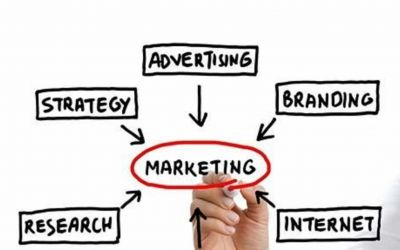
Can You Tell A Good Story?
I have known Tanaka-san (not his real name) for some time and have introduced him to several major companies over the years. He has an impressive resume, having worked for a Top-5 multinational operation and is now working for another leading with a focus in CNS. A strong candidate, with experience in launching products in two different therapeutic areas, he is personable and has a strong presence about him. He is the type of candidate my clients love and by all rights, he should have his choice of companies.Strangely, this is not the case.He has failed to pass through the first round of many interviews and the feedback from clients has revealed a similar pattern.“He was unable to really describe what he has achieved,” the executives told me.
I recently met Tanaka-san again and thought some interview preparation was in order. After the initial pleasantries, I began to ask Tanaka-san about his current role, responsibilities and achievements. There were no red flags.
I then asked him more open-ended questions. Open-ended questions start with who, what, where, when, why, or how. What is your understanding of marketing? “How did you positively influence the launch of the product?”
Tanaka showed his true colors. His eyes searched the room looking for answers and then spoke academically about marketing and strategy and the importance of contacting the right people with the right information.
The normally articulate Tanaka-san was reduced to short, bland sentences consisting of what he thought I wanted to hear.
At this point, I intervened. “Hold it right there Tanaka-san, I can see where you are going wrong.”
Tanaka-san was making a very common mistake by not being willing to trust his own judgment and share his personal experiences.
The interviewer and all of us in fact, want to hear real stories, not just textbook theories.
I suggested that Tanaka-san tell a story, a short narrative of his understanding of marketing or his influence in developing a brand or launching a product. A real case study.
The story can follow a simple formula. Let’s call them the three Os.
- Opportunity: What was the opportunity, challenge or problem?
- Overcome: What happened? How was the challenge overcome?
- Outcome: What was the Outcome? Quantify!
Honesty is certainly the best policy, and admitting the challenges and how they were overcome is more effective, with real quantitative figures and a real-life story.
From my experience, this is not a common skill of many candidates. Answers tend to be often short and deliberate.
The interviewer can help by asking for more examples and getting the candidate to open up but candidates can better prepare more adeptly with stories and quantifiable examples of their achievements.
What have you achieved?
You may also enjoy
How To Get Lucky in your Pharma Career
When Interviewing, Share the Love
Morunda www.morunda.com should be your choice of recruiting partner in Japan and the Asia Pacific. Why? Because we live and breathe the pharmaceutical industry in Asia and the Pacific—we’re specialists!
- Morunda has completed over 400 managers to director-level placements since 2001.
- A cultural understanding of what it takes to secure top talent
Over one hundred thought leadership articles were published. - We hold regular seminars for candidates and clients alike with industry experts.
- We understand the market, not only today but where it is heading in the next 12 to 18 months


